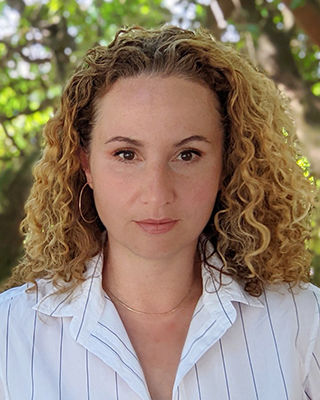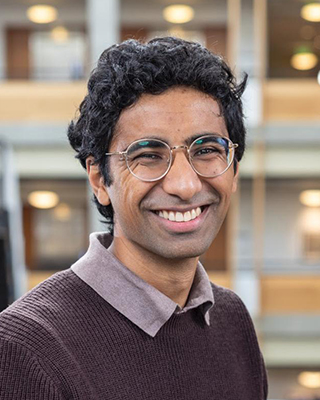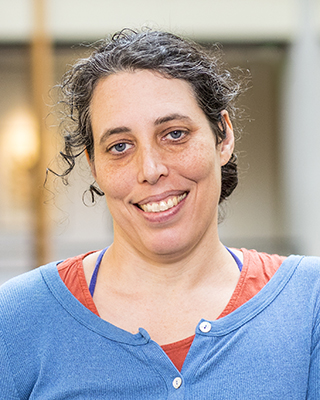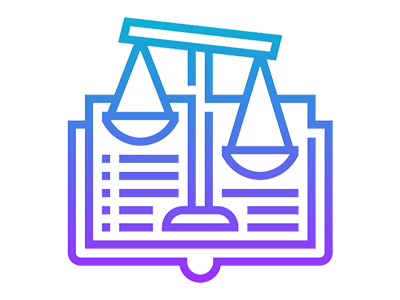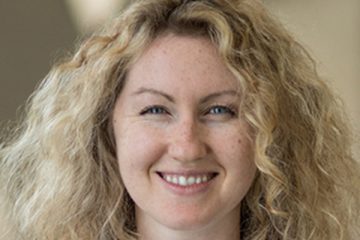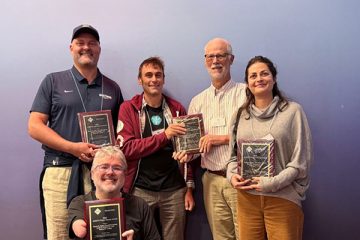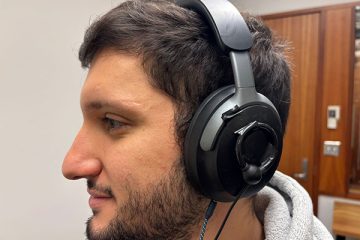Our work in human-centered computing explores and enhances the ways in which people and communities engage with and experience technology.
Our research considers the personal, educational, cultural, and ethical implications of innovation. Drawing upon techniques from human-computer interaction, learning sciences, sensing and more, we aim to maximize the potential benefits of technology while minimizing potential harms to individuals, groups and society.
Groups & Labs
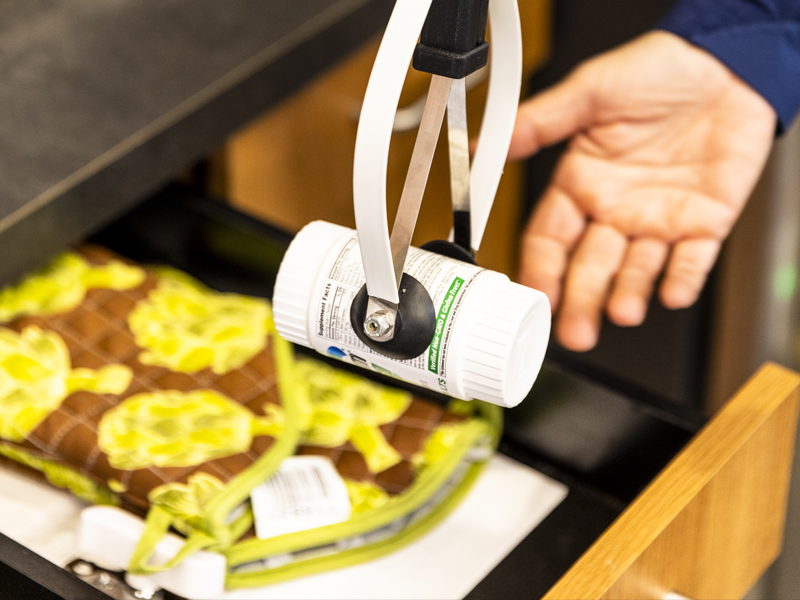
Human-Centered Robotics Lab
In the Human-Centered Robotics lab we aim to develop robotics that are useful and usable for future users of task-oriented robots.
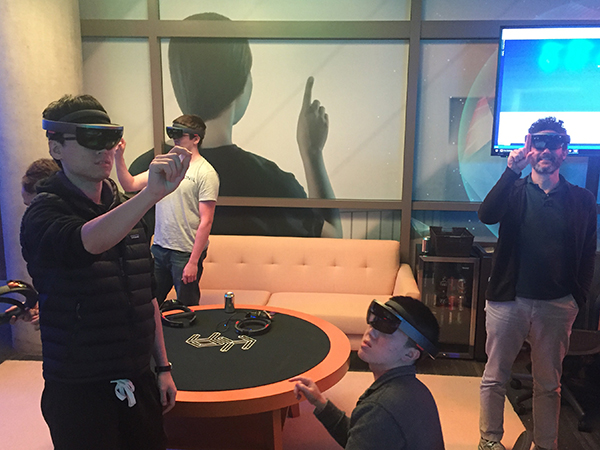
Graphics & Imaging Lab (GRAIL)
The work of the Graphics & Imaging Laboratory spans computer graphics, computer vision, generative AI, computational photography, virtual reality, animation and games.
Faculty Members
Centers & Initiatives
Change is a cross-campus collaboration that explores the challenges of developing technology in the context of positive social change. It seeks to make connections between researchers, outside organizations, and the public to inspire the development of new capabilities aligned with the interests of those most in need.
The Transportation Data Equity Initiative (TDEI) aims to enhance the quality and accessibility of travel services by building open source data collection and vetting tools, transportation data digital infrastructure, and governance frameworks that enable public-private data sharing and interoperability. The TDEI is a project sponsored by The Complete Trip, an ITS4US Deployment Program.
Highlights
Allen School News
Allen School News
WIRED


